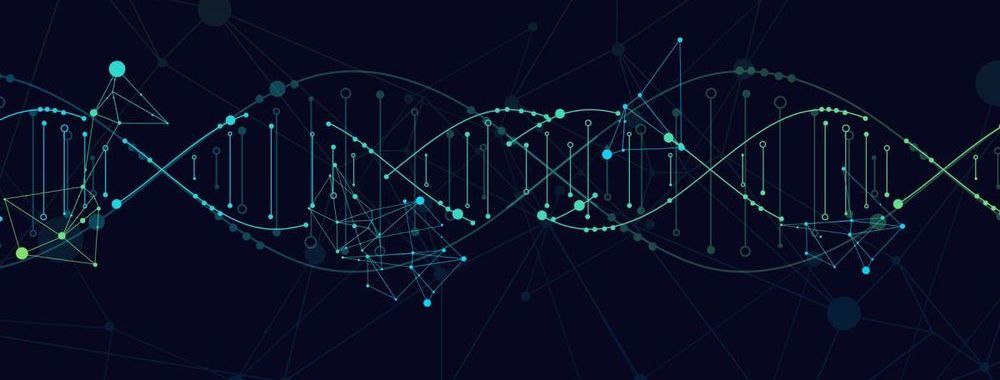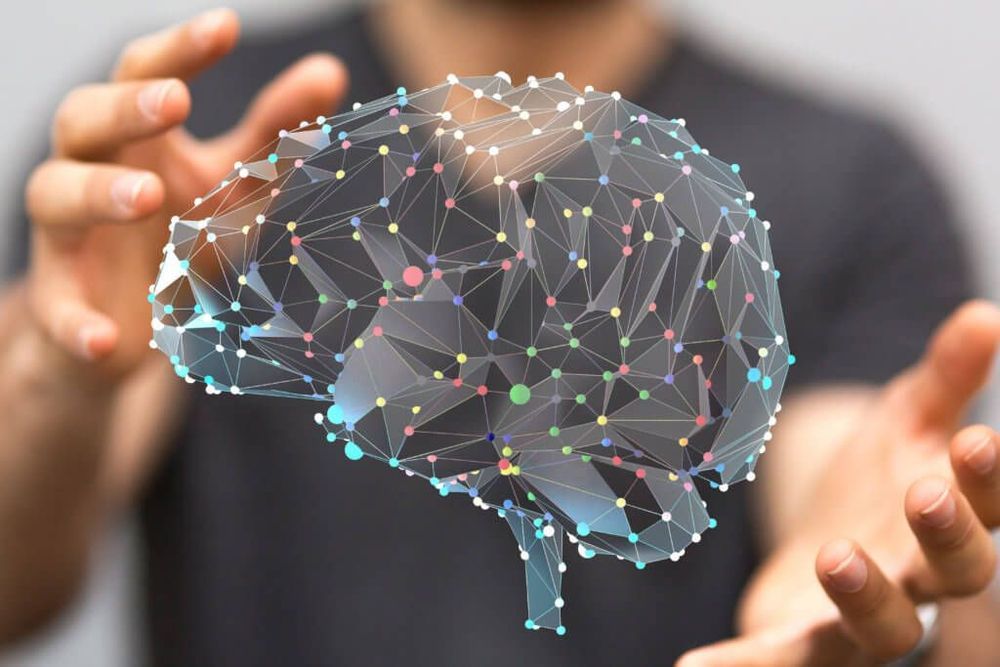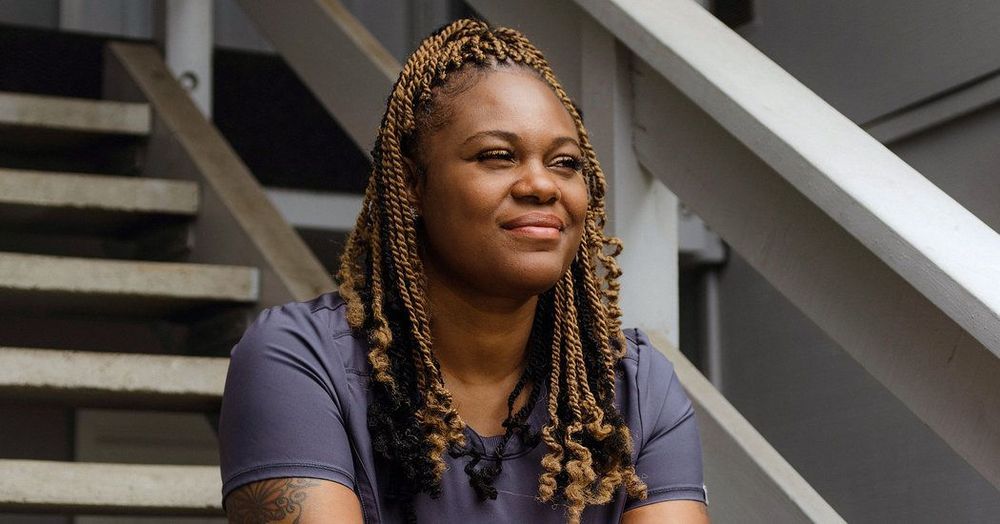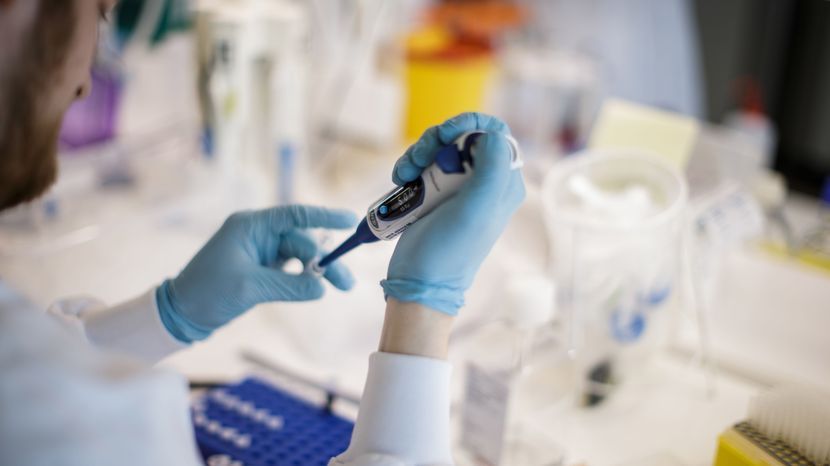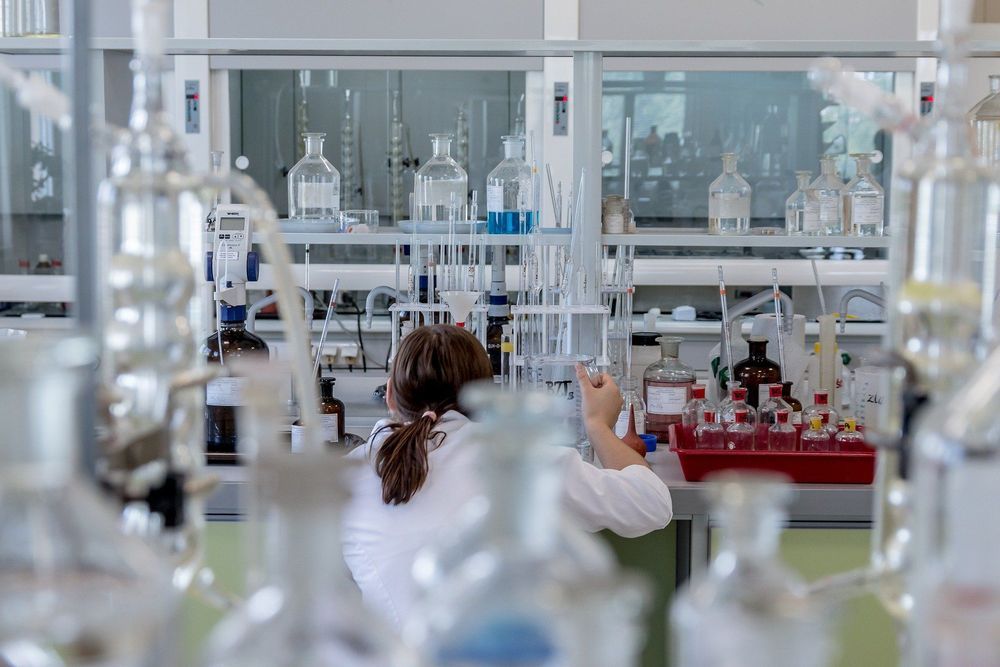Liquid metal machine can also be made as tiny motors. In fact, the micro- or even nanomotors that could run in a liquid environment is very important for a variety of practices such as serving as pipeline robot, soft machine, drug delivery, microfluidics system, etc. However, fabrication of such tiny motors is generally rather time and cost consumptive and has been a tough issue due to the involvement of too many complicated procedures and tools. This lab had discovered a straightforward injectable way for spontaneously generating autonomously running soft motors in large quantity Yao et al (Injectable spontaneous generation of tremendous self-fuelled liquid metal droplet motors in a moment, 2015 [ 1 ]). It was demonstrated that injecting the GaIn alloy pre-fuelled with aluminum into electrolyte would automatically split in seconds into tremendous droplet motors swiftly running here and there. The driving force originated from the galvanic cell reaction among alloy, aluminum, and surrounding electrolyte, which offers interior electricity and hydrogen gas as motion power. This finding opens the possibility to develop injectable tiny-robots, droplet machines, or microfluidic elements. It also raised important scientific issues regarding characterizing the complicated fluid mechanics stimulated by the quick running of the soft metal droplet and the gases it generated during the traveling. Our lab Yuan et al (Sci Bull 60:1203–1210, 2014 [ 2 ]) made further efforts to disclose that the self-powered liquid metal motors takes interiorly driven macroscopic Brownian motion behavior. Such tiny motors in millimeter-scale move randomly at a velocity magnitude of centimeters per second in aqueous alkaline solution, well resembling the classical Brownian motion. However, unlike the existing phenomena where the particle motions were caused by collisions from the surrounding molecules, the random liquid metal motions are internally enabled and self-powered, along with the colliding among neighboring motors, the substrate, and the surrounding electrolyte molecules. This chapter illustrates the typical behaviors of the self-powered tiny liquid metal motors.
